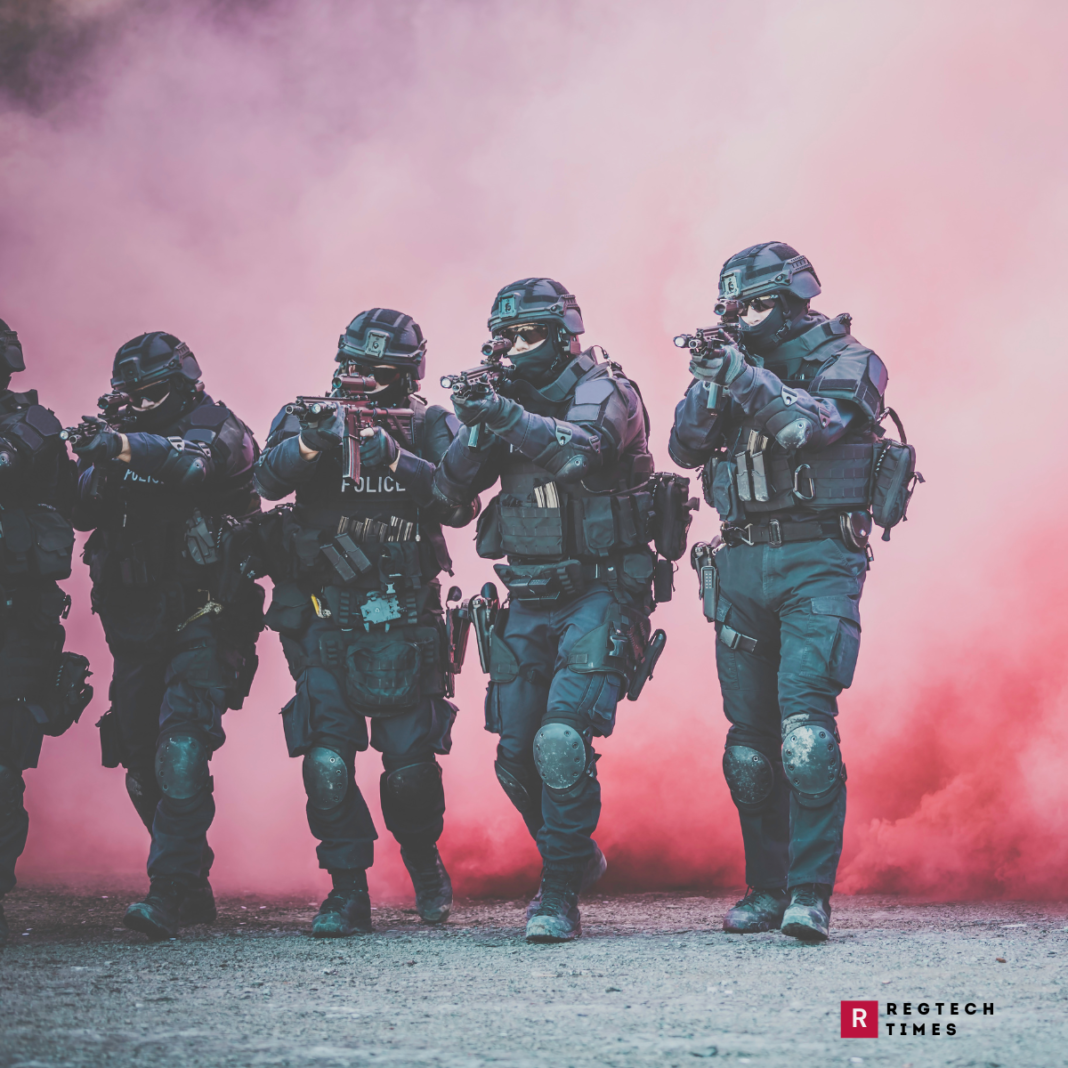A horrific mass shooting and subsequent fire broke out at a rock performance in Moscow, creating a terrifying scene that rocked the country and added another terrible chapter to the city’s violent past. With this tragic event, the Russian government has categorically declared it a “terrorist attack,” bringing sadness to the country.
The incident is a sombre addition to a string of assaults that Moscow has experienced over the previous 25 years, demonstrating a pattern of violence that is unrelenting and intended to create disorder and terror. This piece looks back at these sad incidents, highlighting the enduring danger and the resiliency of a community that is all too accustomed to hardship.
118 people were killed when an explosion rocked an eight-story apartment building in southeast Moscow early on September 13, 1999. In the course of two weeks, 293 people were killed in Moscow and southern Russia as a result of this incident, which was one of several explosions directed at residential complexes. The separatist “terrorists” from the mostly Muslim North Caucasus republic of Chechnya were blamed by the Russian authorities for these horrific actions. President Vladimir Putin launched a strong drive to put an end to the separatist struggle in Chechnya as a result of these events.
When Chechen insurgents kidnapped nearly 800 people on October 23, 2002, during a performance at Moscow’s Dubrovka theatre, another grim chapter was written. After nearly three days of siege, 130 hostages were killed, the majority of them from the gas’s effects, when security forces deployed gas to render the assailants helpless.
On July 5, 2003, the threat of terrorism attacked the Tushino airport outside Moscow once more. During a rock event, two female suicide bombers—who were later identified as Chechen separatists—detonated explosives, leaving about fifty people injured and fifteen dead. There was bloodshed at the yearly Krylya (Wings) event, which drew some 20,000 spectators.
February 6, 2004, saw a horrific incident on the Moscow subway when a bomb went off during rush hour, killing 41 people. A few years later, in 2010, two female suicide bombers struck the Moscow metro once more, this time killing forty people, including one who was attacked close to the headquarters of the FSB intelligence organization. This horrible deed was attributed to the Caucasus Emirate organization, which is commanded by Doku Umarov, the commander of the Chechen rebels.
When the unrest spread to Moscow Domodedovo International Airport in 2011, a suicide bomber murdered 37 people there. The Caucasus Emirate organization also claimed responsibility for this incident.
The Islamic State’s Afghan branch, or ISIS-K, has been blamed for the latest incident at the Moscow concert, indicating a sharp increase in the group’s actions against Russia. ISIS-K’s claim of culpability has been verified by the US, underscoring the group’s track record of ruthless strikes both inside and outside of Afghanistan. According to experts, ISIS-K’s emphasis on Russia stems from Central Asian militants’ grievances and their belief that Russia was involved in activities against Muslims.
In response, the Russian government has vowed to exact revenge, particularly if connections are made to the Kyiv administration. This suggests that the already unstable regional security environment may worsen.
Moscow’s people’s resiliency in the face of tragedy is a monument to their lasting spirit, as the city struggles to recover from this most recent atrocity. However, the recurring theme of violence highlights the pressing necessity for all-encompassing approaches to deal with the underlying causes of terrorism and guarantee civilian safety in a society increasingly tainted by extremism.



